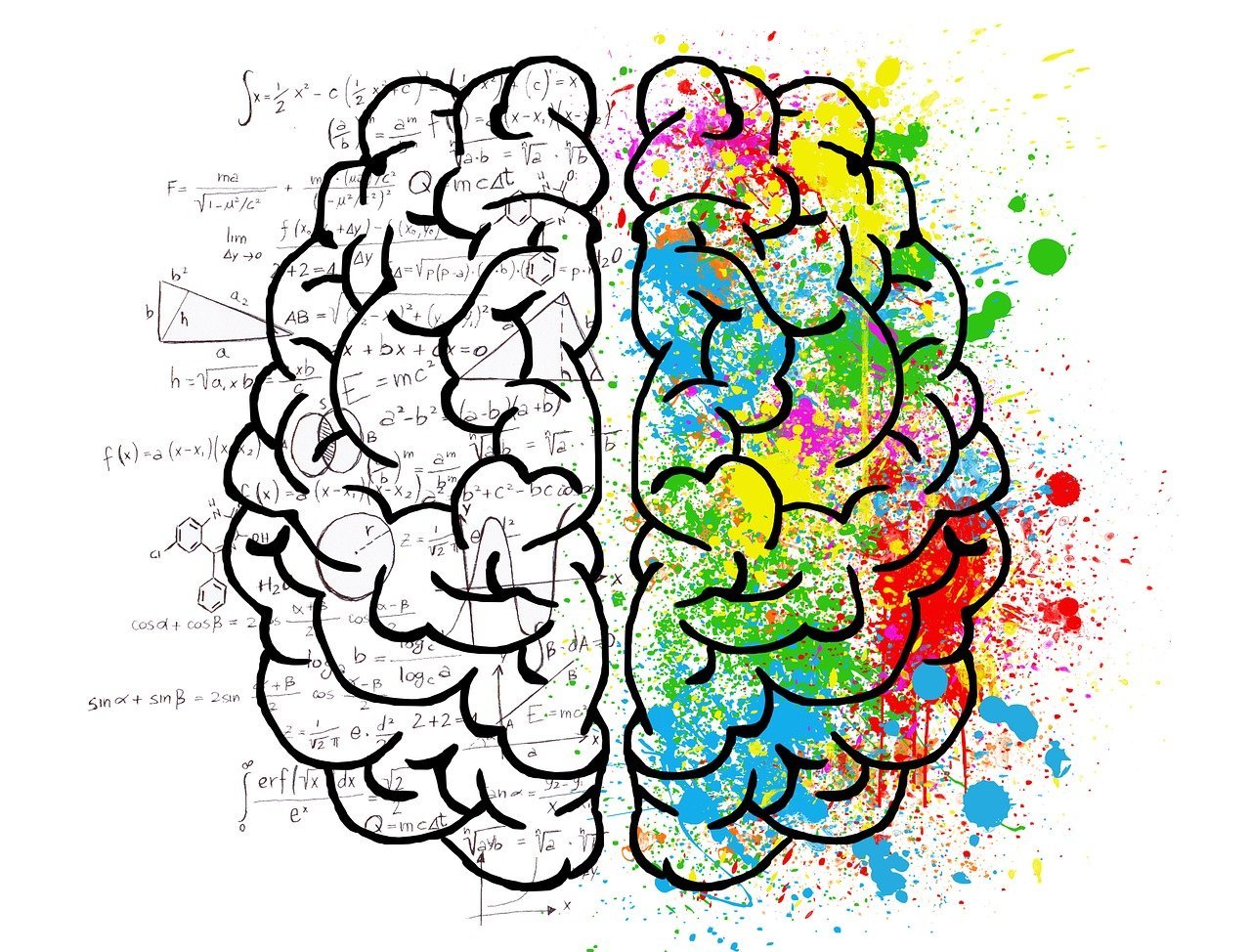Imagine this: your brain, that magnificent organ responsible for your thoughts, memories, and actions, is constantly… eating itself. Sounds strange, right? Well, hold onto your neurons, because science reveals a fascinating truth – your brain undergoes a continuous process called neurogenesis, where it forms new neurons while simultaneously breaking down old ones.
A Cellular Churn: The Birth and Death of Neurons
Unlike most other organs in your body, where new cell formation slows significantly after childhood, your brain exhibits a remarkable degree of neurogenesis throughout your life. New neurons are constantly being born in specific regions of the brain, particularly the hippocampus, which plays a crucial role in memory and learning.
But Why Eat the Old Ones?
This constant birth and death of neurons might seem counterintuitive. Why would your brain create new ones while also getting rid of old ones? The answer lies in optimization. Just like any system, your brain needs to be efficient. The breakdown of old, damaged, or underused neurons allows for the creation of new, more adaptable ones. This process helps your brain:
- Learn and Adapt: The formation of new neurons allows you to learn new skills, form new memories, and adapt to changing environments.
- Maintain Efficiency: By eliminating old, less efficient neurons, your brain reduces clutter and optimizes its processing power.
- Promote Mental Health: Studies suggest that healthy neurogenesis may play a role in protecting against cognitive decline and mental health conditions like depression.
Fueling the Feast: How to Nurture Neurogenesis
While the exact mechanisms of neurogenesis are still being explored, some lifestyle factors can potentially promote this beneficial process:
- Exercise: Physical activity has been shown to stimulate neurogenesis in the hippocampus.
- Mental Stimulation: Challenging yourself mentally with activities like learning a new language or playing brain games may also be beneficial.
- Healthy Diet: Eating a diet rich in fruits, vegetables, and omega-3 fatty acids can provide essential nutrients for brain health.
- Quality Sleep: Adequate sleep is crucial for overall brain health and may also support neurogenesis.
Embrace the Recycling Brain!
The concept of your brain constantly eating itself might sound unsettling, but it’s actually a remarkable process that allows for a healthy, adaptable mind. By understanding neurogenesis and taking steps to support it, you can contribute to your brain’s ongoing feast and optimize your cognitive health for years to come.
What are your thoughts on this mind-blowing fact? Share any tips you have for promoting brain health in the comments below!



